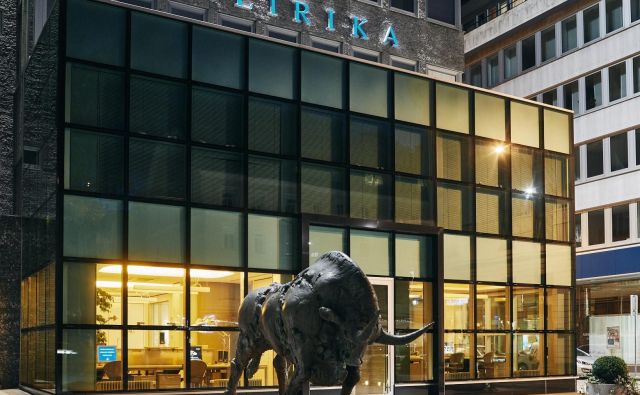Other microrepublics have followed as the Occupy movement, drawing inspiration from the Arab Spring, has set
up encampments from Wall Street to St Paul's in London. For the first time in many years, mass protests have shaken cities across the Western world. Of course, these demonstrators - whose mood is best rendered by the Spanish as "los indignados" (the indignant) - are not battling brutal police states like Mubarak's, but there are many shared concerns.
Whether in Cairo or Milan, voices have been raised against the impunity of the powerful, against an increasing concentration of wealth, against disappearing jobs, against corruption and against humiliation. "For the young there is no tomorrow," Jasmine Rapti, a Greek demonstrator, told The Guardian. Arabs have demanded agency, the sense for the first time that their actions make a difference. Western youth also live with a growing feeling of power-lessness. They are out in the streets to assert their existence.
As in Tahrir Square, impromptu organization has proved effective. In London, there's a soccer team, Occupy FC. There's a university offering regular lectures. There's a kitchen, masses of food, shelter and a tech tent. A problem with modern society and the Internet is the disembodiment of existence, the scattering of people in solipsistic universes dominated by screens. The Occupy movement is also a reaction to that: an awakening to the possibility of joining together to bring change. Such an awakening has transformed the Arab world. But there's a basic difference between the movements in the Middle East and in the West.
Arabs have been fighting with a clear objective: to forge more open, freer, more representative societies that are accountable and transparent and no longer subject to a tyrant's whim. They've been in the creation business.
Demonstrators in New York and Madrid know what they are against - bankers, capitalism, outsourcing, job loss - but it's much less clear what they are for. The overthrow of capitalism sounds very 20th or even 19th century.
Reforming capitalism, offsetting its harshest aspects, is also old news. It has been tried in the form of the welfare state - and these systems are under a cute pressure as people live longer.
The real focus seems to be reforming or changing globalization, particularly the way globalization favors the
wealthy, but of course there's no global government to bring that about. Some ideas, like taxing global financial transactions, have been around for years but they're unworkable.
Sometimes history accelerates. This has been such a year in North Africa and the West. The Tahrir Republic has
given way to something messier. The idealism of the moment could not be sustained. Naysayers, those who be-
lieve there's something anti-democratic in the Arab genome, feel vindicated.
Hasn't an Islamist party just triumphed in Tunisia's parl iamentary elect ion? It has, and that's good because
change in the Arab world is not going to come through the renunciation of faith but through the marriage of faith
to modernity. Young Muslims want democratic, open societies in which Islam plays an important but not dominant role: I suspect such societies will gradually take shape in Tunisia, Libya and Egypt. There will be major setbacks but the direction for the next decade is set.
Similarly, global izat ion cannot be undone, but must be adapted to be more equable. How that happens will be the task not only of the West but also of the emergent powers like China, India, Brazil and South Africa, nations that have been singularly silent and cautious about the Arab Spring out of an old anti-Western reflex. But being anti-Western is no longer enough. They must contribute their ideas - and their new wealth - to tackling the issues raised by the great debate from Tahrir to Wall Street .
 Tiskane izdaje
Tiskane izdaje























